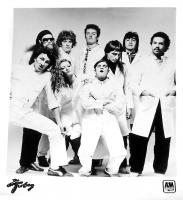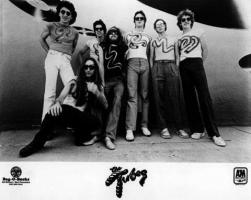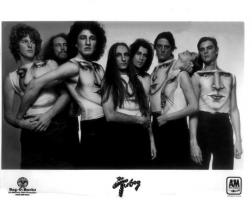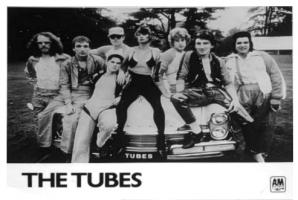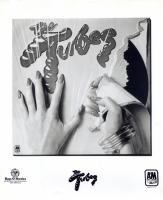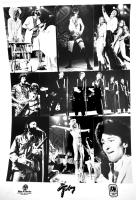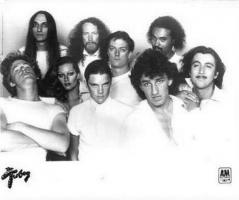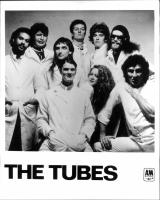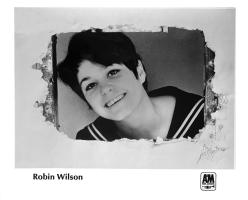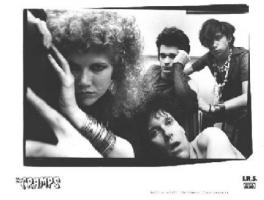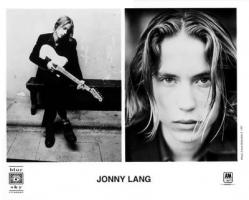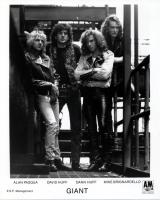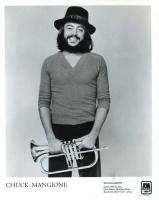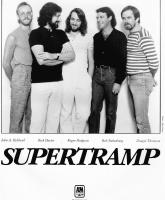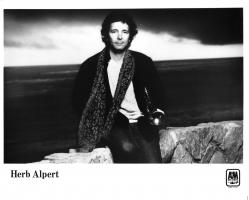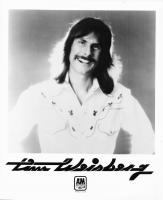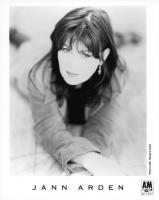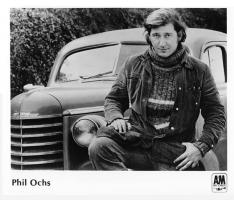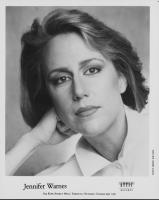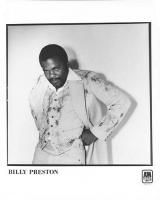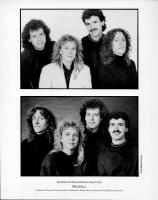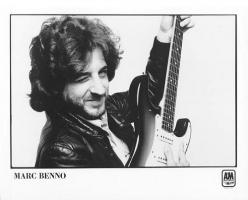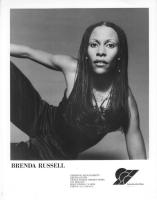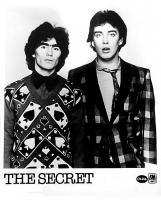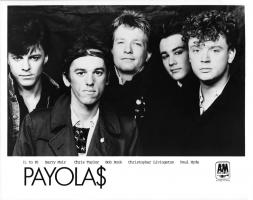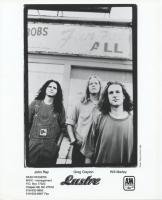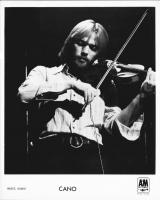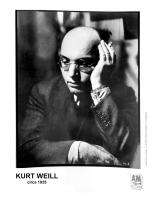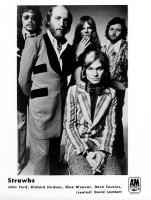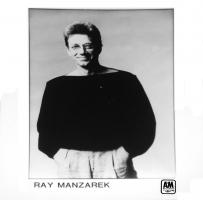Tubes
"The person who discovered The Tubes was me. I took them to A&M Records, who signed them, and I was very fond of them." --Rick Wakeman
"We never made any money on records at all. And live, we spent all the money on these massive productions. We'd go out with 35 people and all these dancers and bombs and props and backdrops and sets. Every tour, we had to top the previous one, be bigger and wackier and weirder. We'd go out and make $10 million on tour and spend 12. We'd come home in the red. The Tubes never made any money."--Fee Waybill
"We decided on A&M because it was a smaller label and easier to get to the powers that be. Jerry Moss [the 'M' in A&M] was the president at the time, and I had access to talk with him regarding the band's interests at any time... Jerry Moss was very gracious and helpful. We all owe him a big time thank you for his efforts."--Daniel Moriarity, Goldmine December 15, 2000
The band had several names before The Tubes. "Everyone put some names in a hat and we let our dog Sandwich choose. He pulled out the name 'Tubes, Rods and Bulbs' so we just shortened it to The Tube," Bill Spooner told Goldmine (December 15, 2000)
Signed with A&M Records in October 1974. In his autobiography Backstage Passess and Backstabbing Bastards, producer Al Kooper recounts calling Dorene Lauer at A&M and learning the label had not found a producer for The Tubes. Al contacted A&M's A&M director and asked for the job. The album took two months to record and was intentionally made to sound like a Broadway show. Kooper called it the "best album I have ever produced." One thing that did not go as planned was Herb Alpert chose not to add his trumpet to "Malaguena."
Recording for the self-titled debut album started in March 1975 and continued into May while the band was also performing live shows. The first printing of the album included an insert with photos and lyrics. The cover featured Re Styles hands and body.
A&M booked The Tubes into The Roxy in Los Angeles on June 18 and 19, 1975. A&M promoted the engagement and invited top music industry people to it. The result was that cities around the United States began making contact to book The Tubes. It can be argued that The Tubes' strongest asset was the live shows. The complex stage shows meant that The Tubes concert tours were usually booked for several consecutive dates in the same city.
A&M had a 16-minute 16mm concert film of The Tubes made in late 1975.
The year 1976 was similar to 1975 with The Tubes recording a second album and continuing with their concerts. Young and Rich was released in the fall. The first pressing came with an insert of the credits on the album.
Now was released in 1977. It had four different back cover color schemes and an insert.
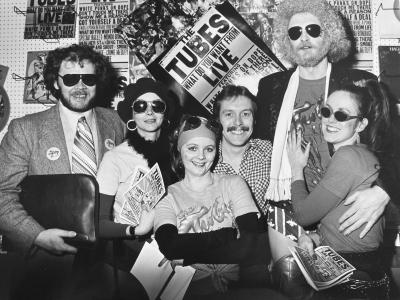
Lorna Richards, Bill Meehan, Debbie Spear and Kim Sharp promoting The Tubes Toronto concert April 12, 1978.
The first printing of Remote Control included a card insert with the album credits. Three singles were released in the U.S. to support the album.
In 1980 The Tubes recorded an album to be titled Suffer For Sound that A&M Records declined to release. The label dropped the band although it was still owed one more album. Instead of that album of new material, A&M released T.R.A.S.H. (Tubes Rarities And Smash Hits) with one track from the rejected album "Drivin' All Night."
Cotton and Prince were award-winning designers of murals, theater and environmental design. They painted the exterior of the A&M Records Soundstage with giant flying record discs in one weekend. The work was titled "Blame It On The Tubes." They were also responsible for The Tubes stage sets, props, costumes as well as the album cover designs.
OFFICIAL PROMOTION BY A&M RECORDS
Tubes 1975 press kit
The Tubes New Music On A&M Records
Young and Rich New Music On A&M Records
Now New Music On A&M Records
What Do You Want From Live New Music On A&M Records
20th Century Masters press release
Music: Fee Waybill Squeezes More Life Out of Tubes. Paul Freeman. San Jose Mercury News, May 14, 2009.
Legend Rick Still Refusing to 'Turn That Racket Down.' Tim FletcherBurton (Staffordshire, England) Mail, September 9, 2011.
| Name | Member Years | Instruments |
|---|---|---|
| Bill Spooner | 1977-1981 | guitar, vocals |
| Fee Waybill | 1977-1981 | vocals |
| Mike Cotten | 1977-1981 | synthesizers |
| Mingo Lewis | 1977 | percussion |
| Prairie Prince | 1977-1981 | drums |
| Re Styles | 1977 | vocal |
| Rick Anderson | 1977-1981 | bass |
| Roger Steen | 1977-1981 | guitar, vocals |
| Vince Welnick | 1977-1981 | keyboards |
| Name | Birth | Death |
|---|---|---|
| Bill Spooner | 1949-08-16 | |
| Fee Waybill | 1950-09-17 | |
| Mike Cotten | 1950-01-25 | |
| Mingo Lewis | 1953-12-08 | |
| Prairie Prince | 1950-05-07 | |
| Re Styles | 1950-03-03 | 2022-04-17 |
| Rick Anderson | 1947-08-01 | 2022-12-16 |
| Roger Steen | 1949-11-13 | |
| Vince Welnick | 1951-02-21 | 2006-06-02 |

